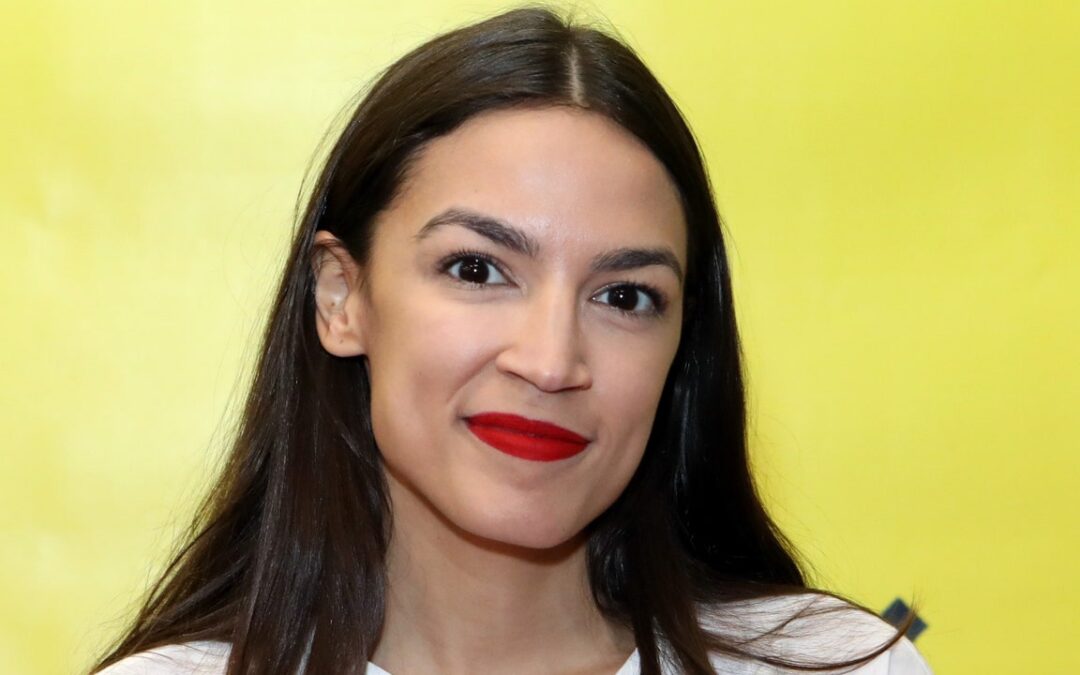Rep. Alexandria Ocasio-Cortez thinks we all deserve better sunscreen. In a new video posted to Instagram, Ocasio-Cortez teamed up with Dieux Skincare founder and licensed esthetician Charlotte Palermino to explain why the United States is falling short in the world of SPF — and what we can do about it. “U.S. sunscreens are far behind the rest of the world,” says Ocasio-Cortez. “I was in South Korea earlier this year and it is so clear how far advanced the rest of the world is on sunscreen, and we deserve better in the U.S.”
This doesn’t necessarily mean that the sunscreen you just bought at Target isn’t safe; it’s more about the way sunscreen is regulated in the U.S. versus overseas. The United States, namely the FDA, regulates sunscreen as a drug, not a cosmetic product. This is partially a good thing; these regulations mean more testing and clinical studies are required, but it also adds a ton of regulations to the process, not to mention time and money. “However, sometimes that can add a lot of bureaucratic and cost that prevents us from getting any sunscreen filters at all.” << WHICH ONE OF THEM SAID THIS? According to Ocasio-Cortez and Palermino, the U.S. sunscreen filter hasn’t been updated since 1999 — think of how much beauty has changed since then! Ocasio-Cortez also cites a 2017 study that found only half of U.S. sunscreens measured up to European protection standards.
This is something we’ve been talking about for a long time. Did you catch the Allure cameo in the video? At one point, a headline from a 2017 story by Sable Yong about Korean sunscreen technology pops up. “It’s not that South Korea has something specifically unique that allows them to create better sunscreens,” cosmetic chemist Stephen Ko told Yong at the time. “They just have access to more sunscreen ingredients to work with.” Because of these regulations, it can be difficult to get new ingredients approved. “Sunscreen chemicals on the other hand do need to go through the formal drug approval process, and because of this there hasn’t been a new one approved for use in sunscreens in the US since 1999,” Ko explained. That doesn’t mean the FDA isn’t keeping an eye on the sunscreen space; they updated some regulations back in 2011 and announced they were re-evaluating some ingredients in 2019. It’s just that the approval process is a lot quicker in other countries, leaving the U.S. in the dust, formula-wise.

